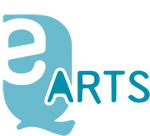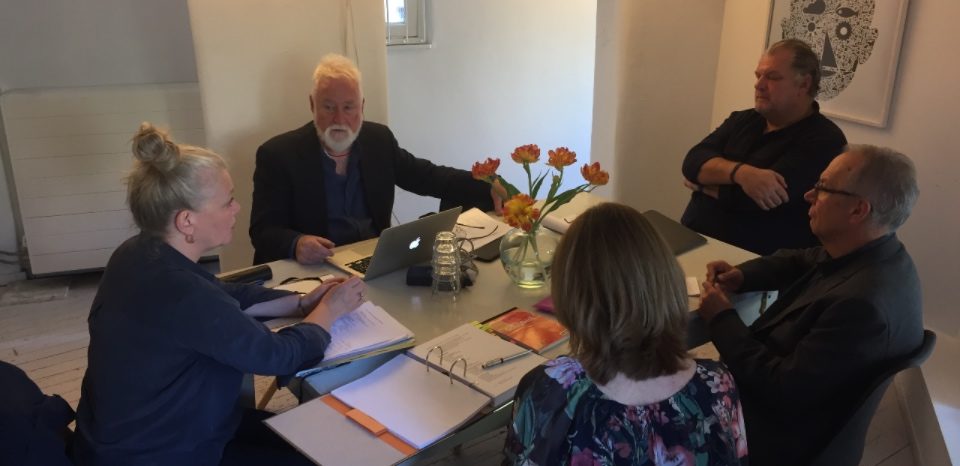Quality enhancement activities are not usually the requirement of any legislative framework but are determined through institutional choice and so commissioned by the institution. They include:
Review Review processes are normally conducted on a periodic basis with their primary focus being on quality outcomes. The aim of review is to evaluate the degree to which an institution or programme has been able to quality enhance outcomes from the academic provision that is under review. Quality reviews can be undertaken either as an internal audit by the institution itself or as an external audit conducted by EQ-Arts.
Audit Audit processes are normally conducted on a periodic basis with their primary focus being on quality systems. Quality audits aim to determine the degree to which the overall system for quality assurance (not the quality of the outcomes from that system) are meeting, or could meet, stated aims and objectives. At programme level this can be undertaken either as an internal audit by the institution itself or as an external audit conducted by EQ-Arts. Institutional audits will determine the degree to which the Institution’s own procedures and mechanisms ensure quality assurance and quality enhancement. At this level, Institutional audit is normally undertaken by an external agency such as EQ-Arts.
Benchmarking Quality benchmarks are external reference points that help institutions to identify their own strengths, weaknesses and best practices. Benchmarks also help to establish meaningful and relevant comparisons between a range of different institutional cultures and academic programmes so facilitating international co-operation between higher education institutions across the CPAD sector. Where an institution is subject to a national qualifications framework this will constitute the benchmarks to be used for comparison.
The mission of EQ-Arts is to assure and enhance quality across the CPAD sector as a whole in ways that are even-handed and impartial. “In this latter respect, EQ-Arts does not accept, or enter into, exclusive contracts with individual institutions for paid ‘consultancy’ where the purpose is to prepare for a forthcoming formal assessment to be carried out by EQ-Arts or to improve the academic provision to create a competitive advantage that would compromise the ability of EQ-Arts to form an independent judgment on the quality of that provision.”[1]
[1] see EQ-Arts Governance Framework (p.2 para 6.2)

